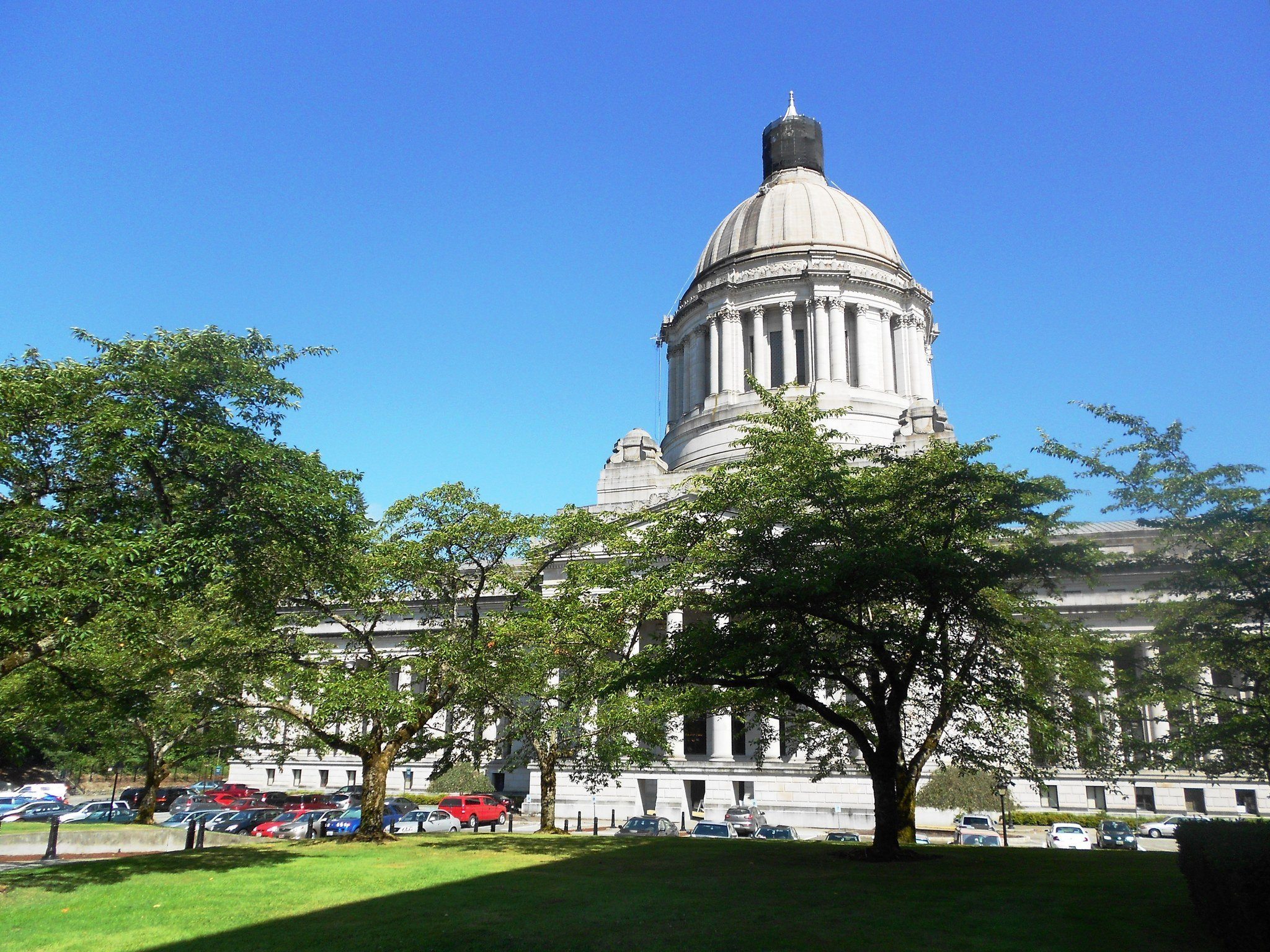Jay Inslee and state House Democrats have agreed to take their state capital gains income tax proposal off the budget table and hopefully avoid a state government shutdown next week. It’s about time.
When House Democrats released their version of a no-new-taxes budget yesterday, it became clear they are still hoping for tax increases – by ending current tax incentives. The House’s revised budget proposes eliminating the sales tax break on bottled water (which Washington voters have previously voted to retain) and taxing purchases by non-Washington State residents. In a desperate move to appease their million-dollar extreme “green” donors, Democrats have also proposed an end to exemptions for oil refineries on recycled fuel—an idea that would, ironically, do more harm than good to the environment.
It’s unclear which – if any – tax incentives end up getting axed in the final budget. However, it is clear that the final budget will not have the approval of the far-left—many are bitter over the loss of the state capital gains income tax and appear to be lashing out with fabricated claims. It’s also clear that its only due to the fact Democrats have finally entered into the final stage of grief over their capital gains income tax that they have been able to accept certain truths and potentially avoid a government shutdown.
Here are three truths that must have played into Democrats’ decision to take the state capital gains tax off the table.
- A higher tax burden on Washingtonians is more than a little excessive given state revenue numbers.
Last month’s revenue forecast revealed that the state could count on another $400 million without raising taxes a dime. That means lawmakers have $3.2 billion (a whopping 9.2% increase) more in tax revenue than they had last time they wrote the state budget.
Of course, the debate over the state capital gains income tax was never about whether or not the state needed the extra revenue. Senate Republicans demonstrated a no-new-taxes budget was possible when they passed their first budget in April. The true debate was whether or not Democrats would lead our state back to its spend-crazy habits and unsustainable government growth. Luckily, this time around, reason prevailed.
- A capital gains income tax really is, in fact, an income tax and therefore would likely be ruled unconstitutional.
Inslee and his fellow Democrats advertised their state capital gains income tax as an excise tax, not an income tax. The problem with their reasoning is that, well, they didn’t have reality on their side. The Internal Revenue Service (IRS) classifies a capital gains income tax as a tax on income. The United States Supreme Court has ruled that capital gains are taxable as income.
Additionally, states with income taxes also classify capital gains as a form of income. Oregon categorizes its capital gains income tax under “personal income tax.” Idaho classifies it as an “individual income tax.” And, New Jersey lists it as an income tax stating, “If you are a New Jersey resident, all of your capital gains, except gains from the sale of exempt obligations, are subject to this State’s income tax.”
Of course, Democrats needed to classify the state capital gains income tax as an excise tax in order to claim the tax to is legal. Under the state constitution, property cannot be taxed at a rate greater than 1 percent and taxes must be uniform. Additionally, the state Supreme Court has long ruled that “income” is property and that taxes on income must conform to the 1 percent limit.
- A capital gains income tax is not all that “fair.”
Inslee and his fellow Democrats championed the state capital gains income tax as a means to improve the “fairness” of Washington State’s tax system. A capital gains income tax may sound fair, especially when Democrats promise to place a cap on the tax. But, like so many promises Democrats make, what sounds fair is rather deceptive.
As Shift has reported, a study conducted by the Tax Foundation found that the capital gains income tax creates a bias against savings, slows economic growth, and places a double-tax on corporate profits. Making matter worse, the tax does not account for any capital gain due to inflation. The taxpayer is taxed on both their increase in income and on increases in inflation. The study found that the tax rate on the inflation-adjusted capital gain has “exceeded the statutory rate every year since 1950 and has averaged around 42 percent.”
It’s not all that fair to tax an investor on stocks or property that increased in price only due to inflation. It’s also not fair on the state, working families and businesses to implement a tax that creates bias over savings and investments, ultimately damaging the economy.




